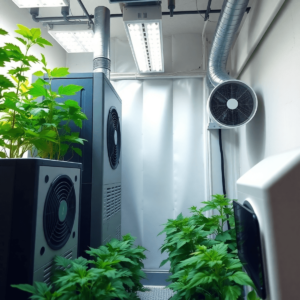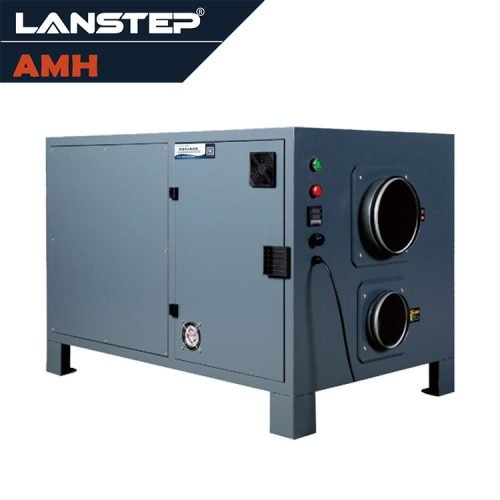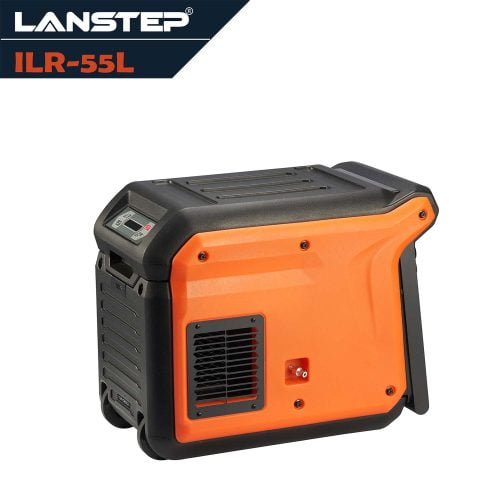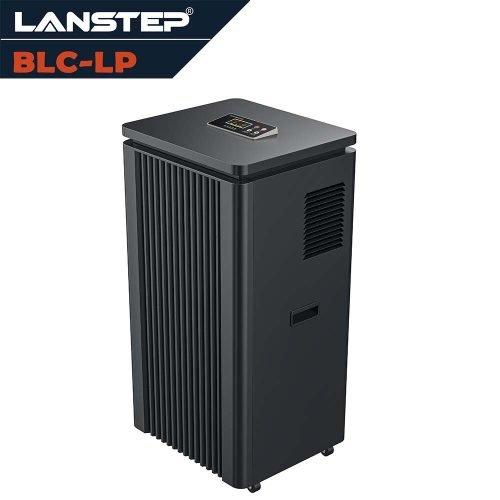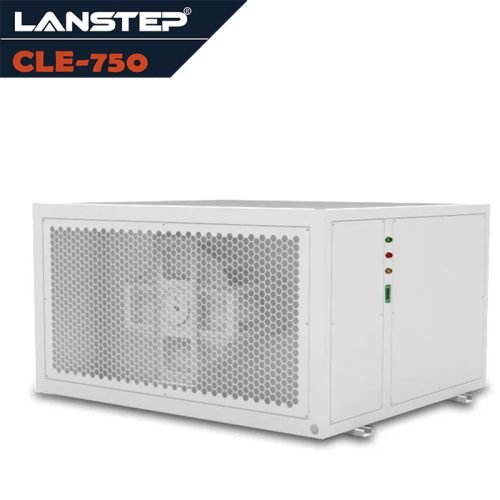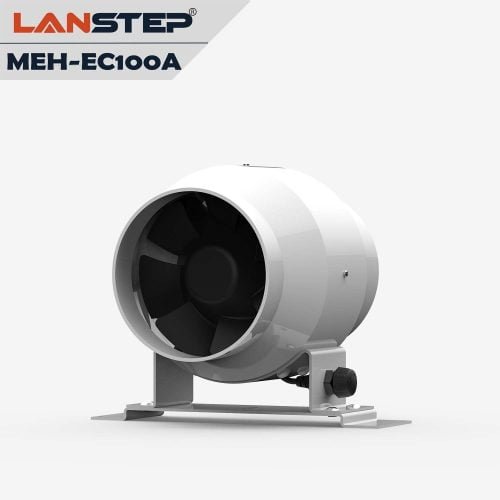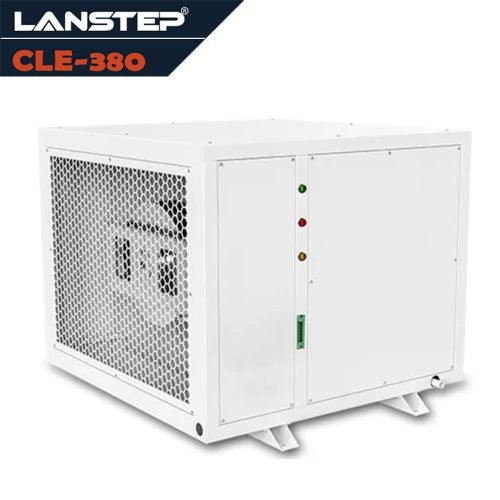Introduction
The importance of sterile storage areas in hospitals cannot be overstated. According to the German “Guidelines for Infection Control in Medical Institutions” (2020), the environmental standards for sterile storage areas are stringent, especially in terms of temperature and humidity control. German health studies have shown that when relative humidity exceeds 60%, the growth rate of microorganisms significantly increases (German Medical Journal, 2018). Therefore, maintaining appropriate humidity levels is key to ensuring the safety of hospital sterile areas.
The Impact of High Humidity on Hospital Sterile Storage Areas
In Germany, the control of humidity in sterile storage areas is taken very seriously. As reported in the “German Journal of Hospital Infection Studies” (2019), when the environmental humidity exceeds 65%, the packaging of instruments in sterile storage areas may be damaged due to high humidity, increasing the risk of instrument contamination. Furthermore, increased humidity can lead to the rusting of metal instruments and deformation of plastic materials. Therefore, controlling humidity is vital for ensuring medical safety.
The Principle and Role of Condensing Dehumidifiers
Condensing dehumidifiers work by cooling the air to its dew point, thereby condensing the moisture in the air, making it an efficient method of dehumidification. “German Hospital Equipment Management Magazine” (2021) states that condensing dehumidifiers can effectively maintain air humidity in the ideal range of 50%-60%, preventing microbial growth.
German Recommended Air Quality Standards
The German “Hospital Air Quality Management Standard” (2022) recommends that the relative humidity in hospital sterile storage areas should be controlled between 50%-60%. This standard is based on scientific research aimed at reducing the risk of microbial growth and cross-infection. For instance, a German study found that when relative humidity is below 50%, the bacterial content in the air significantly decreases (German Journal of Medical and Biological Engineering, 2021).
Cost-Benefit Analysis
Although the initial investment for condensing dehumidifiers is relatively high, in the long term, their application in hospital sterile storage areas is highly cost-effective. An analysis in the “German Hospital Management Journal” (2020) indicated that by preventing damage to medical instruments and cross-infection due to high humidity, condensing dehumidifiers can save over 30% in maintenance and replacement costs within three years.
Case Study: A German Hospital’s Practice
Taking a large hospital in Germany as an example, after installing condensing dehumidifiers in 2021, the air humidity in the sterile storage area stabilized at around 55%. According to the hospital’s report, within a year after installing the dehumidifiers, the rate of instrument infection decreased by 25%, and the rate of instrument damage decreased by 15%. This case clearly demonstrates the effectiveness of condensing dehumidifiers in controlling humidity in hospital sterile storage areas.

Conclusion
As the analysis above shows, condensing dehumidifiers play a crucial role in controlling humidity in hospital sterile storage areas. They not only effectively prevent microbial growth but also reduce the risk of damage to medical instruments, thereby ensuring medical safety. In the long term, their cost-effectiveness is significant, making them an economically viable solution for hospital management.
To learn more about our series of dehumidifiers and how they can help you effectively maintain the condition of your sterile storage areas, please contact our team immediately.



